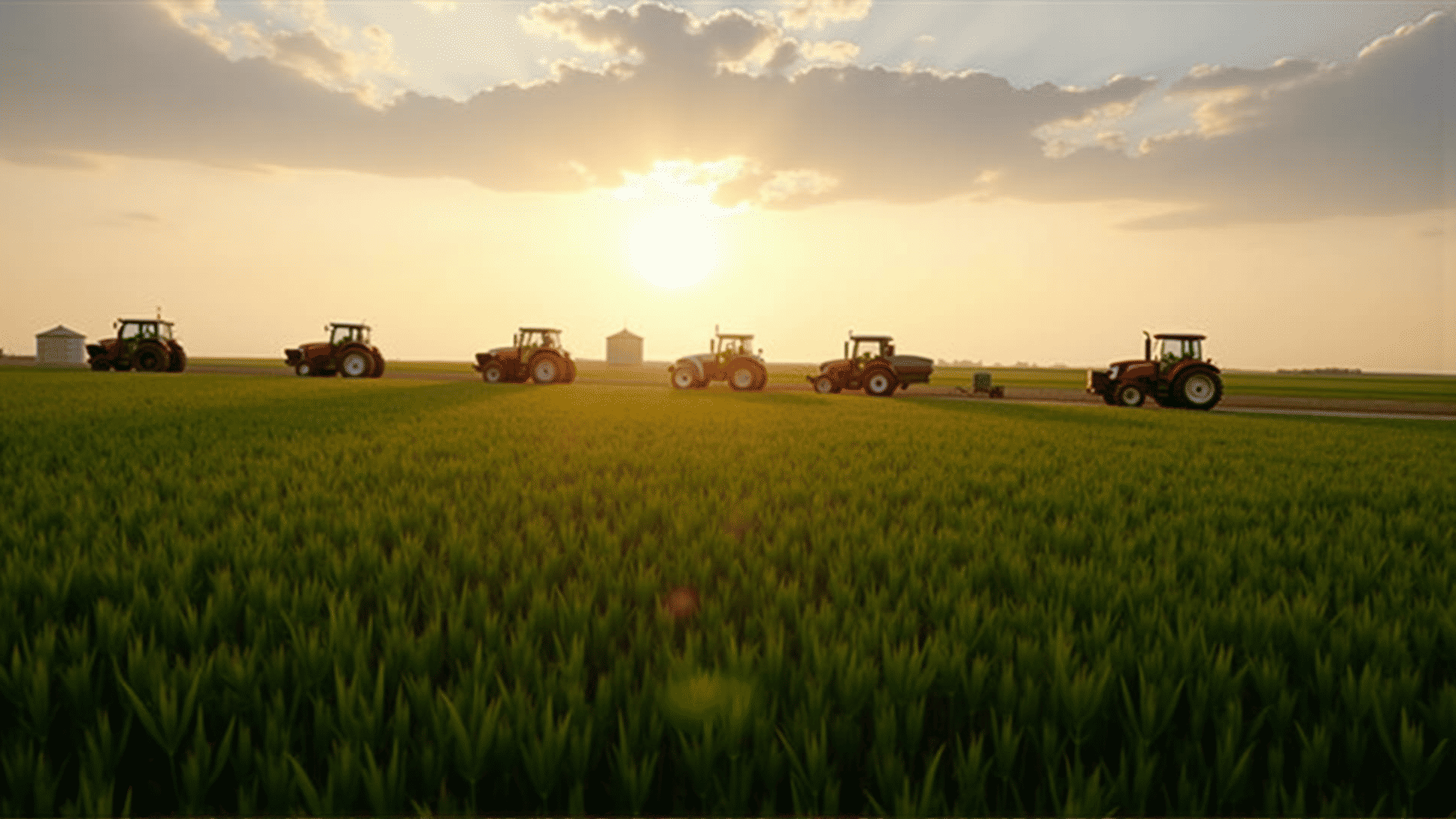Canada's agricultural sector is undergoing a transformation as it adapts to modern needs and sustainability targets. This evolution is being driven by a range of developments in technology, sustainable practices, and strategic approaches to farming.
Technological Innovations
One of the most significant trends in Canadian agriculture is the integration of advanced technologies. Precision farming, for example, utilizes GPS and data analytics to optimize field-level management regarding crop farming. This method ensures that fertilizers and pesticides are used more efficiently, reducing environmental impact and increasing crop yields.
Robotic farming equipment is another area of growth. Automated harvesters and drones are increasingly being used to monitor crop health, track weather patterns, and manage field conditions. These technologies help farmers make more informed decisions, leading to enhanced productivity and sustainability.
Sustainability Practices
There is a strong emphasis on sustainable farming practices across Canada. Crop rotation and polyculture are gaining popularity as they enhance soil health and biodiversity, reduce pest infestations, and cut down the need for chemical inputs. Many Canadian farmers are also adopting organic farming methods, which avoid synthetic fertilizers and pesticides, aiming to produce food more sustainably and responsibly.
Carbon farming is an emerging practice that is drawing attention. By adopting practices like reduced tillage and planting cover crops, farmers can capture carbon in the soil, thereby contributing to carbon reduction efforts and reducing their environmental footprint.
Education and Collaboration
Educational initiatives are playing a crucial role in shaping the future of agriculture in Canada. Farmers are being provided with opportunities to attend workshops and training sessions on new farming techniques and sustainability practices. These initiatives are often in collaboration with agricultural colleges and research institutions, fostering an environment of learning and adaptation.
Moreover, collaborations between farmers, researchers, and policymakers are integral to the sector's growth. Such partnerships ensure that innovations are not only developed but also implemented effectively on the ground. This collective approach helps address challenges like climate change, food security, and rural development.
Alternative Crops and Diversification
To meet changing consumer demands, Canadian farmers are exploring alternative crops that promise better resilience and economic returns. Quinoa, hemp, and chickpeas are becoming more prevalent as part of crop diversification strategies. This diversification helps farmers reduce their reliance on traditional grains and benefit from emerging markets.
In addition, there is a growing focus on developing crops adapted to the changing climate conditions, ensuring that agriculture remains viable despite environmental changes.
Challenges and Future Outlook
While there is remarkable progress being made, the transition is not without its challenges. Adapting to new technologies requires capital and skills, which can be barriers for small to medium-sized farms. Nonetheless, the overall outlook for Canadian agriculture remains optimistic. With ongoing research, supportive policies, and a growing awareness of sustainable practices, the sector is poised for continued growth.
The transformation in Canada's agricultural landscape reflects a broader global shift towards more ethical and efficient farming. As these trends gain momentum, they present new opportunities for growth, innovation, and environmental stewardship in the years to come.
